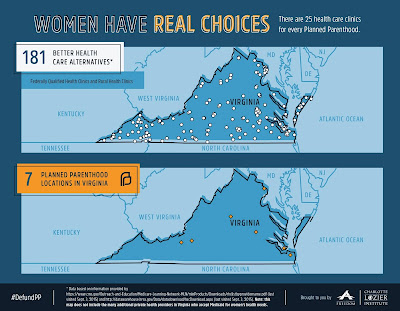Mourning miscarriage
 |
| Memorial photograph of a pro-life mother’s miscarried baby |
I have been actively involved in the pro-life movement for almost ten years now. In that time, I have had the privilege of meeting countless amazing pro-life people, including many who have conceived children over the years.
One of the great things about the pro-life community is our support for one another in times of grief. In general, of course, you can say that about any community. But I have found the pro-life movement to be unique in the way that it supports people experiencing the grief of miscarriage. In my experience, pro-lifers tend to announce pregnancies right away, to the congratulations of their pro-life friends. And when a child dies in the womb, pro-life friends surround mothers and fathers with words of compassion and love. I’ve also noticed that pro-life parents are aided by institutional, ritual aspects of grieving; for instance, holding a funeral, keeping their children’s ashes in an urn, and/or sharing memorial photographs of their children (a practice deemed “weird” by pro-choice media outlets).
I’m pleased to see the broader culture catching on. The Huffington Post recently published a piece denouncing the social “rule” that pregnancy announcements should come after 12 weeks:
Why I’d ever believed that keeping to the 12-week rule would safeguard me, I really don’t know.
I still endured the grueling physical process of miscarriage and struggled with the messy emotions of grief, sadness, frustration and anger. I just did it alone.
In the days and weeks afterward, friends at church smiled and chatted with me in the hallways like they always did. Why wouldn’t they? The other parents at my kids’ schools were cordial as ever. Life went on, just like always.
Not a single soul so much as acknowledged that we’d just lost a baby, because no one knew there’d been a baby to lose.
A baby to lose: this is refreshingly honest language, but dangerous to the abortion lobby. Indeed, the abortion advocates at Everyday Feminism openly admit that the pro-choice movement is largely to blame for the stigma around miscarriage:
One reason we, as activists, often fail to discuss miscarriage is because we find ourselves caught up in the semantics of choice politics.
Anti-choice narratives rely on equating pregnancy with a baby and abortion as the taking of that life. Therefore, much of our rhetoric around choice and reproductive rights depends on differentiating a fetus from a fully delivered baby in order to combat this.
But this doesn’t leave a lot of space for reproductive rights activists to discuss the loss of a wanted pregnancy.
And not having these conversations alienates those who do experience miscarriage. We silence those whose pregnancies were very much wanted and the loss of which is marked as the loss of a life.
Everyday Feminism’s proposed solution is to “leave it up to those who are experiencing a pregnancy — or who lose one — to define what their pregnancies are.” It’s a baby if wanted, and just tissue if unwanted. This is the abortion religion at its finest; women have a magical power akin to transubstantiation, turning clumps of cells into babies with just our thoughts!
I’m not saying pro-lifers are perfect. Like anyone else, we struggle to find the right words to say to a grieving person. But we do our best to support those who have experienced a miscarriage, just like we would support anyone else who lost a child. After all, unborn babies are children. So we don’t have to do any mental gymnastics to come up with the correct response to a grieving mother.
For those who do, consider that it might be a sign that something about your thinking is off.


Leave a Reply
Want to join the discussion?Feel free to contribute!